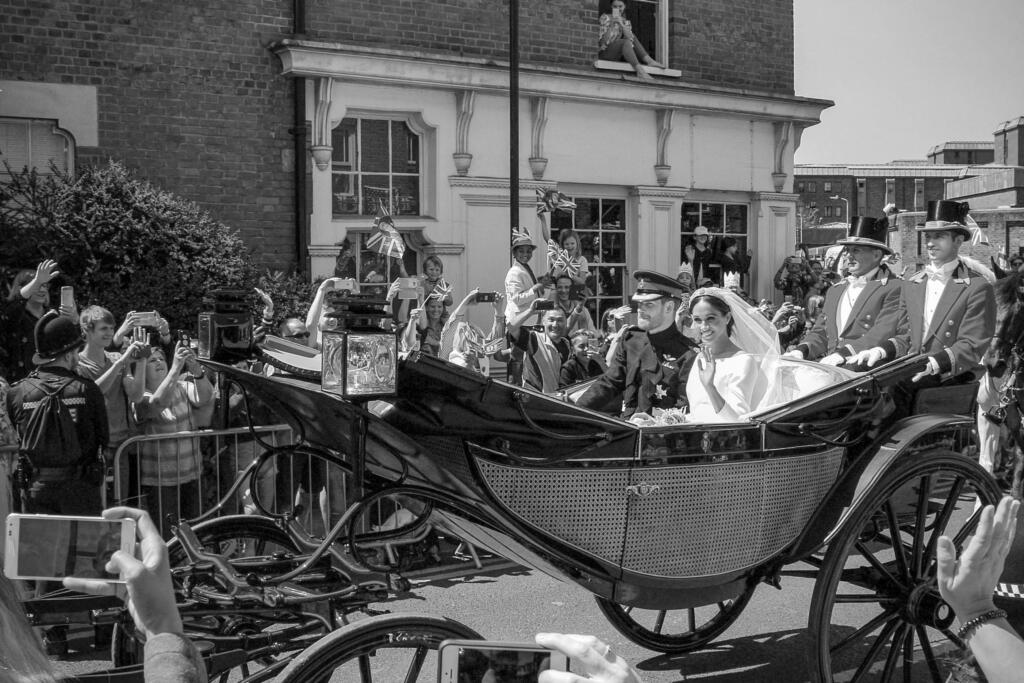Over one million Australians tuned in to watch Oprah’s exclusive interview with Harry and Meghan. Although it is not possible for most of us to relate to the multi-million dollar Netflix and Spotify deals, many can identify with the struggles they have faced with their extended family.
Despite the best efforts of the UK tabloids, Meghan and Harry are not getting divorced. However, their situation does raise some interesting issues. Do Charles and Camilla, or the Queen, have the right to see their grandchild? If the couple were to divorce, what role would the grandparents, or the extended family, such as uncles and aunties, play in a children’s life after a legal separation?
If the interview with Meghan and Harry prompted you to consider your own personal situation, please read on to learn more about your rights as a grandparent in an Australian context.
The Rules in Australia: The Family Law Act 1975
If Meghan and Harry ever decided to move their son Archie to Australia, these would be his rights, according to The Family Law Act 1975:
“Children have a right to spend time on a regular basis with, and communicate on a regular basis with, both their parents and other people significant to their care, welfare and development (such as grandparents and relatives).”
However, grandparents do not have an automatic right to see their grandchild if the parents decide that it isn’t in the child’s best interest. Therefore, grandparents have to apply to the court to spend time with their grandchildren. Then, a decision is made based on what the court considers is in the child’s best interests.
Grandparents can start these Family Law proceedings at any time; it doesn’t have to be after a legal separation or divorce. However, including grandparents in the organisation of parenting arrangements during divorce proceedings may be useful. In doing so, everyone is aware of their rights to see the child once the divorce is finalised, and no further interaction with the court is needed.
Defining Grandparents
The grandparents of a child may be either biological or non-biological.
For example, Camilla, Duchess of Cornwall, is Archie’s non-biological grandmother. However, she would technically still have the same rights as Charles, Prince of Wales (the biological grandparent).
Lives with (commonly known as custody)
If the children’s parents are unable to provide adequate care, it may be necessary for grandparents to apply for the children to live with them. The court may order that the children live with the grandparents full time or they have shared care with the parents, depending on the child’s needs. The court will make all parenting decisions based on the best interests of the child.
Grandparent Parental Responsibility
If the grandparent receives parental responsibility, it means that the grandparents can make long-term decisions for their grandchild without consulting the parents. This may include decisions regarding elective medical care, changing the child’s name or moving countries. Grandparent parental responsibility may be given if the children live with the grandparents full time and the parents are not involved with the children.
Parenting Agreement
The parents and grandparents can formalise parenting agreements by applying to the court to have it formalised. This is an especially beneficial step if the child has been living with the grandparents for an extended period. The court will formalise the agreement by making parenting orders by consent.
Support For Grandparents Raising Their Grandchildren
Australia has some excellent programs that assist grandparents who are the primary caregivers for their grandchildren. Grandparents can apply to Centrelink for financial aid, including the Grandparent Child Care Benefit, the Family Tax Benefit, or Child Support. (Although, we don’t think the residents of Buckingham Palace will be lining up at Centrelink anytime soon.)
If you are a grandparent raising your grandchildren and need some support, please see the Services Australia website to learn about your area’s community support services.
Assistance From Leach Legal
Leach Legal specialises in helping our clients navigate parenting issues and the Family Court. Our experienced Family and Divorce Lawyers in Perth will guide you in finding the best solutions for your family and answer any questions you may have. For more information, please do not hesitate to call us on 9486 9733 or book a free 15-minute consultation.



